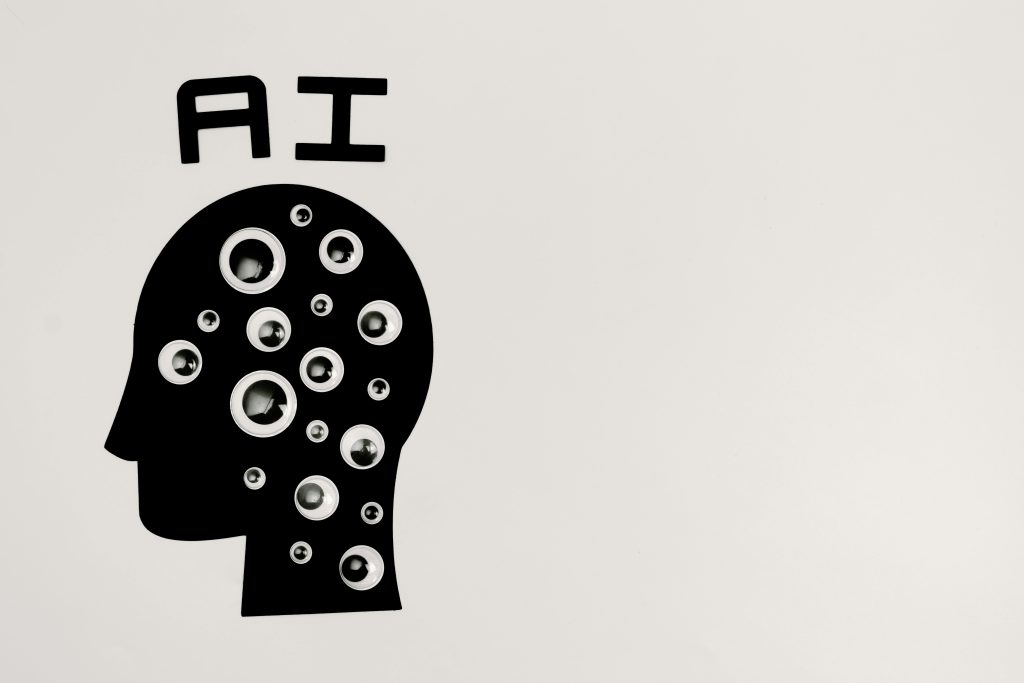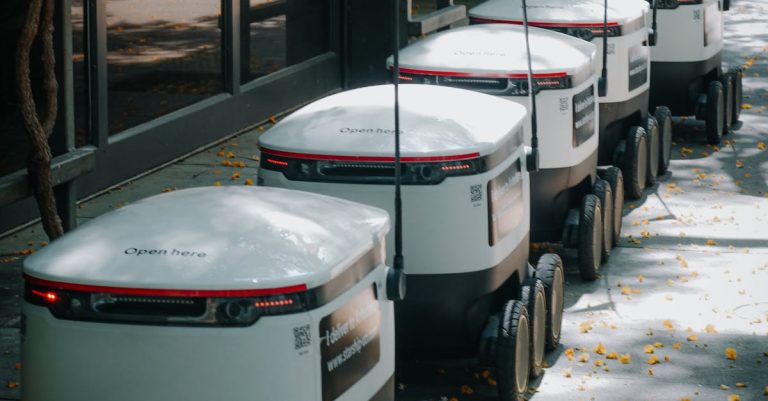Introduction
Artificial Intelligence (AI) is no longer just the stuff of sci-fi films—it’s rapidly becoming an integral part of our everyday routines. From voice assistants that help manage our schedules to smart algorithms predicting what we’ll watch next, AI is shaping the way we live, work, shop, and connect.

As the technology matures, AI is set to play an even bigger role in transforming how we interact with the world. In this article, we explore the evolving role of AI in daily life, highlighting current applications, future developments, and the key trends that will define the next decade.
Understanding AI in Everyday Contexts
Artificial Intelligence refers to systems that can simulate human intelligence through learning, reasoning, and problem-solving. Modern AI is powered by data, algorithms, and machine learning—allowing it to make predictions, personalise experiences, and automate decision-making.
Core AI technologies:
- Machine Learning (ML)
- Natural Language Processing (NLP)
- Computer Vision
- Predictive Analytics
- Speech Recognition & Generation
These capabilities enable AI to seamlessly integrate into products and services we already use every day.
How AI Is Already Embedded in Daily Life
1. Smart Assistants & Devices
AI-powered tools like Alexa, Google Assistant, and Siri are now household staples, helping users:

- Set reminders and alarms
- Control smart home devices
- Get weather or traffic updates
- Manage shopping lists or routines
2. Streaming & Entertainment
AI is behind the recommendation engines that power platforms like:
- Netflix and Spotify (suggesting shows/music)
- YouTube (curating content)
- TikTok (personalised “For You” feed)
3. E-commerce & Online Shopping
Retailers use AI to:
- Recommend products based on browsing or purchase history
- Power chatbots for customer support
- Predict shopping trends and manage inventory
4. Healthcare & Wellness
From smartwatches to medical imaging, AI enhances:
- Personal health tracking (e.g., heart rate, sleep patterns)
- Early detection of diseases
- Virtual consultations and chatbot-based triage
5. Navigation & Transportation
AI powers:
- Real-time traffic updates and navigation (Google Maps, Waze)
- Ride-sharing algorithms (Uber, Lyft)
- Self-driving vehicle development and predictive maintenance
The Next Generation of AI in Daily Life
As AI capabilities continue to evolve, expect more seamless, personalised, and intelligent interactions.

Emerging Trends:
1. Hyper-Personalisation
AI will adapt services in real time based on behaviour, preferences, and even mood—offering customised content, products, and learning paths.
2. AI in Smart Homes
Homes will become more intuitive:
- Appliances that adjust based on patterns
- Fridges that reorder groceries
- Energy systems that optimise consumption
3. Emotion-Aware AI
Using computer vision and sentiment analysis, AI will:
- Detect emotional cues
- Adjust interactions accordingly (e.g., empathetic customer service bots)
- Provide emotional wellness support
4. AI in Education
Adaptive learning platforms will:
- Tailor coursework to each student’s pace
- Provide instant feedback
- Identify learning gaps early
5. Augmented Reality + AI
AR experiences, powered by AI, will transform:
- Virtual shopping
- Real estate walkthroughs
- Interactive training or tutorials
Benefits of AI in Everyday Life
- Efficiency: Automates repetitive tasks
- Convenience: Offers instant answers, predictions, and reminders
- Safety: AI can detect fraud, monitor health, and enhance security
- Accessibility: Assists users with visual, auditory, or mobility impairments
- Cost savings: Optimises processes in homes, healthcare, and business

AI enhances everyday interactions by making them smarter, faster, and more human-friendly.
Challenges and Considerations
While AI offers immense potential, it also raises critical questions around:
1. Privacy & Data Security
AI needs data to function well. But how much personal data is too much? Striking a balance between utility and privacy is essential.
2. Bias in Algorithms
AI systems can reflect the biases in their training data, leading to unfair or inaccurate outcomes. Developers must ensure fairness, transparency, and accountability.
3. Job Disruption
Automation may replace certain jobs, particularly repetitive or data-heavy roles. However, it will also create new opportunities in AI development, maintenance, and oversight.
4. Overdependence
Overreliance on AI could reduce critical thinking or limit creativity in daily decision-making.
How to Prepare for an AI-Integrated Future
Whether you’re a consumer, entrepreneur, or tech professional, preparing for the future of AI starts with awareness and adaptability.

Tips:
- Stay updated with AI trends and news
- Embrace tools that improve your efficiency
- Prioritise data literacy and digital skills
- Consider privacy when sharing personal data online
- Evaluate AI-based services for transparency and value
AI is here to stay—and learning how to use it wisely is key to making the most of it.
Conclusion
AI is no longer emerging—it’s embedded. From personalised playlists to smarter homes, AI is already shaping our daily routines in ways we often take for granted. As the technology continues to advance, we can expect even greater integration, automation, and personalisation.
The future of AI in daily life is not just about tech—it’s about trust, ethics, and human-centric innovation.
Next step:
Explore the AI-powered tools you’re already using. Think about how they could evolve—and how you can adapt to stay ahead in an AI-driven world.













